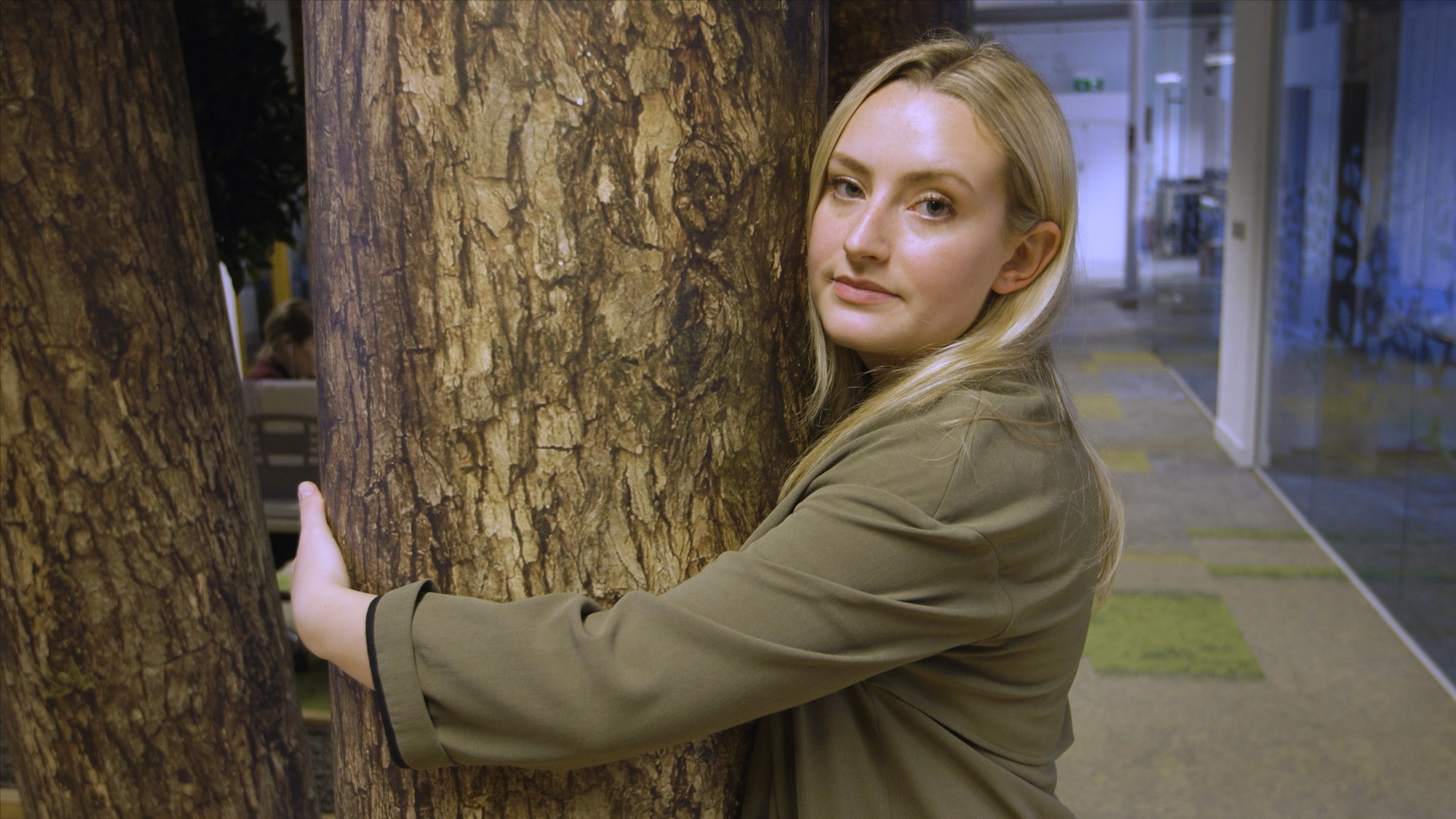Kate Hoey MP, who is facing numerous crowdfunding efforts to unseat her (Peter Jordan/PA Archive)
Parties are only one part of how you'll vote in 2017. As the issues no longer correlate clearly with either Labour or the Tories, there are suddenly loads of other people to chuck money at.Hate Brexit with all your heart? Well, Remain high priestess Gina Miller has crowdfunded £400,000 to directly oppose MPs who voted Leave – and may even be about to turf out Labour's Brexiteer Kate Hoey in Vauxhall.Fear that politics is too polarised? Why not try Paddy Ashdown's smug metropolitan liberal pressure group More United. With supporters numbering Dan Snow, Simon Schama and Martha Lane-Fox, they claim to be non-partisan, instead choosing candidates from multiple parties who support their key values, like "openness" (pro-EU, pro-mass migration, pro-trade liberalisation, the full Tony Blair). So far, they've raised £210,000 from 3,440 supporters, and hence will also be putting the boot in on Kate Hoey in Vauxhall.Not too concerned about polarisation itself, just want the left-wing guys to get in? Well try the Progressive Alliance (jerry-built with an initial funding call-out of £20,000 from umbrella org Compass). Their informal non-aggression pact between the Greens and the Lib Dems will of course be instrumental in the Greens standing aside to help defeat Kate Hoey in Vauxhall.Want the really hardcore left-wing tack? Momentum have managed to raise £114,936 in a matter of days, thanks in part to Paul Mason pushing their campaign on his socials. Mason literally lives in Vauxhall. He has said on Newsnight that he will vote tactically to unseat Kate Hoey, despite being Labour's biggest fanboy.If you are Kate Hoey, then crowdfunding is a terrible idea. For everyone else, it's increasingly accepted as part of the landscape. Ten years after we all started getting links from vague acquaintances on JustGiving running the London Marathon in a swan suit for mum's clavicle cancer fund, shovelling a few quid for some warm fuzzies is habitual for many. Now, Patreon has exploded since The Great PewDiePie YouTube War. The Guardian has begun including itself among the ranks of alms orphans. Micro-funding has entered the mainstream."In the four weeks since Theresa May announced the snap general election, Crowdfunders have raised just shy of £750,000," estimates Simon Walker of crowdfunder.co.uk. "We anticipate that will be well over £1 million of funding into candidates and non-partisan political projects – like Full Fact's "Factcheck The Election" – by June the 8th.""Political crowdfunding hardly existed seven years ago," Paul Hilder of CrowdPAC confirms. "Two years ago there was a spike. I suspect, in the eight weeks of lead time into this general election, we'll see more crowdfunding than the previous two combined."Brexit got us here. In July of 2016, a man called Marcus J Ball managed to cobble together £125,000 in very short order with a promise that he would sue the politicians who had lied in the referendum campaign. He then managed to raise another £10,000 just to cover his personal living expenses. So far, he has hired some pricey lawyers – Edmonds Marshall McMahon – and is awaiting their response to his legal query. But, he warns, if they come back and say it can be done, he'll need closer to £2 million for the full trial.This is the sheer scale of the funding revolution Brexit initiated. We lived through a moment where you could literally tell people you were going to sue politicians for doing what they do best (a bit like suing McDonald's for not putting "This Coffee Is Hot" warning labels on the coffee cups), and soon enough £100,000 would slither down your PayPal.
WATCH: The VICE 2017 General Election Road Trip
Right now on the funding sites, the national picture varies wildly by party. There are few, if any, Tory candidates out there pitching for funds, but every single Green seems to come with their own begging bowl. Labour candidates crop up quite often – particularly in Scotland, where the SNP are equally prominent, and the two-way death fight seems to take on a special seriousness.These localised campaigns have a dual function. Crowdfunding can not only pull in much-needed cash, but the mere act of rattling the can is itself a kind of promotional activity. As the story of diligent local MP Alan McSpoonface is shared and liked and tumbled around on social media in pursuit of its funding goal, it becomes a calling card – a focal point for introducing your campaign to local floating voters.Many Labour candidates in particular are trying to differentiate themselves from Central Office. What better way to overcome the unpopularity of Corbyn on the doorstep than to set yourself up as a little online renegade, a plucky battler for local stuff?Then there are the hyper-locals. In South West Surrey, Dr Louise Irvine of the National Health Action Party has raised £32,000 to unseat Health Secretary Jeremy Hunt. In Jo Cox's old constituency of Batley & Spen, an ex-UKIP candidate – the improbably-named Aleks Lukic – is fighting to be a pro-Brexit non-Tory MP.In Hull, ex-Apprentice candidate Michelle Dewberry is doing a similar pro-Brexit non-denominational thing, while down in Remain stronghold Kensington, a pro-EU independent candidate called Peter Marshall warns that "the political parties are ignoring the hard realities of Brexit in favour of denial, delusion, fiction and fantasy". He has so far raised £355 of his delusion-ending £8,000 target.Down in Devon, Claire "Independent Voice for Devon East" Wright has raised nearly all of her £10,000 goal. Hilder points to this insurrection for evidence of what a committed band of outsiders can do in a networked age. Wright managed to come in second at the last election, with 13,000 votes. "Don't forget, party machinery can vary widely," says Hilder. "She has people on the ground, whereas the local Conservative Party is pretty much hollowed out at a local level. They're doing all their campaigning through national and Facebook."Hilder is the guy who invented the early-web politics resource openDemocracy.net. He was an Oxfam director, a change.org Vice President and, in 2011, he ran for Secretary General of the Labour Party. His partner in CrowdPAC is Steve Hilton. Yes, that Steve Hilton: the man who put the Conservatives back in office. The model for Dr Stewart Pearson, the blue-skies thinker from The Thick of It; "political guru"; David Cameron's brain; the man who, yesterday, said Theresa May should resign over "security failures" that led to three terror attacks this year."I don't see a logical limit, in the sense that I think the bottom-up transformation of politics is going to change everything," Hilder suggests. "We will see a turbulent transition over the next five to ten years, where charismatic entrepreneurial politicians will try to game this new landscape without authentically serving the people."The endgame for the two-party system still has many barriers. Primarily: the capacity of organisations like More United to rise up has been stifled by the Transparency of Lobbying Act – a 2014 bill that clips the wings of NGOs attempting to lobby around election time. It's known more commonly in NGO circles as "The Gagging Act".Overall, Hilder is agnostic about the potential end of Labour and Tory. It could be just as much that the parties themselves change hugely but the old brand names continue. A big part of the future of politics is citizens movements which overlap and cross-fertilise. Otherwise unreachable floating voters – the sort of grumpy normies who say they "don't care about politics" – can still be pulled into these rapidly shifting temporary coalitions by the one issue they do give a damn about. "One good rule of politics is you basically want to meet people where they are," says Hilder. "If they're interested in the NHS, talk to them about that."The result would be a far more fluid philosophical battleground, bashing through tired left-right distinctions into a genuine marketplace of ideas. But as with so many 2017 things, the future's queasily uncertain. We may not always like it, but it still has the power to renew our society in ways we can barely yet imagine. As with this election, we can no more put the crowdfunding genie back in the bottle than we can crawl back into the womb.@gavhaynes
Advertisement
Advertisement
Advertisement
WATCH: The VICE 2017 General Election Road Trip

Right now on the funding sites, the national picture varies wildly by party. There are few, if any, Tory candidates out there pitching for funds, but every single Green seems to come with their own begging bowl. Labour candidates crop up quite often – particularly in Scotland, where the SNP are equally prominent, and the two-way death fight seems to take on a special seriousness.These localised campaigns have a dual function. Crowdfunding can not only pull in much-needed cash, but the mere act of rattling the can is itself a kind of promotional activity. As the story of diligent local MP Alan McSpoonface is shared and liked and tumbled around on social media in pursuit of its funding goal, it becomes a calling card – a focal point for introducing your campaign to local floating voters.Many Labour candidates in particular are trying to differentiate themselves from Central Office. What better way to overcome the unpopularity of Corbyn on the doorstep than to set yourself up as a little online renegade, a plucky battler for local stuff?Then there are the hyper-locals. In South West Surrey, Dr Louise Irvine of the National Health Action Party has raised £32,000 to unseat Health Secretary Jeremy Hunt. In Jo Cox's old constituency of Batley & Spen, an ex-UKIP candidate – the improbably-named Aleks Lukic – is fighting to be a pro-Brexit non-Tory MP.
Advertisement
Advertisement
